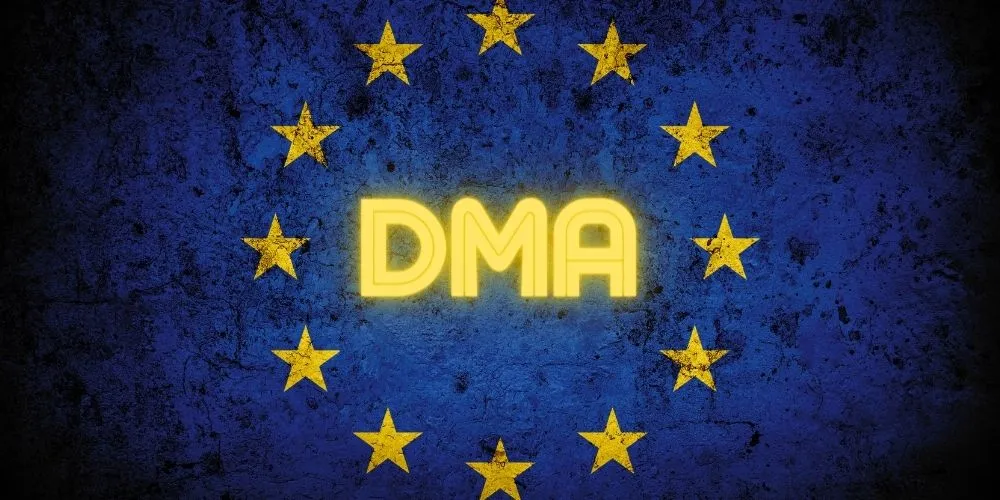Key Points:
- EU launches investigations under DMA into Apple, Alphabet, and Meta. Concerns focus on anti-competitive practices, self-preferencing, and restrictive rules.
- Apple and Alphabet face scrutiny over anti-steering rules, while Meta’s investigation centers on its subscription model.
- The Commission aims to conclude investigations within 12 months, with potential fines of up to 10% of total turnover for non-compliance.
- The EU emphasizes its commitment to enforcing Digital Markets Act compliance and preventing tech companies from evading obligations.
The European Union (EU) has initiated investigations into tech behemoths Apple, Alphabet, and Meta, marking the first probes under the new Digital Markets Act (DMA) legislation. The investigations target alleged anti-competitive practices, including self-preferencing and restrictive rules, to ensure fair competition within the digital marketplace.
Under the DMA, the EU Commission has opened non-compliance investigations into Alphabet’s Google Play and Google Search, Apple’s App Store, and Meta’s ‘pay or consent model.’ These inquiries focus on concerns related to anti-steering rules, which prevent businesses from informing users about cheaper options outside of app stores, and restrictions on app developers regarding alternative subscription services.
Apple and Alphabet are being scrutinized for potentially violating Digital Markets Act rules on anti-steering. Apple has previously been fined for similar infractions, and the Commission is investigating the company’s compliance with DMA obligations regarding app uninstallation and default service settings.
Alphabet is under investigation for potential self-preferencing in Google search results, which could undermine competition in areas like shopping and travel. The company has tried to address regulatory concerns by implementing changes such as allowing users to switch their default search engine and browser easily.
Meta, formerly Facebook, is being investigated for its ‘pay and consent’ model, particularly its ad-free subscription option for Facebook and Instagram in Europe. The EU examines whether this model restricts user choice and violates Digital Markets Act objectives. EU internal market commissioner Thierry Breton emphasized the need for free alternative options and less personalized services.
The EU Commission aims to conclude its probes within 12 months, with potential fines of up to 10% of the tech firms’ global turnover for infringements. Amazon is also under scrutiny for potential preferential treatment of its products on its e-commerce platform, while Apple’s new fee structure for alternative app stores is under review.
While these ongoing investigations do not constitute official probes into Apple and Amazon, the EU continues to monitor developments in the digital marketplace to ensure compliance with regulatory standards and promote fair competition.










